The study of music in the formal Malaysian curriculum for the primary schools under the present system was first introduced in 1983. It has undergone some cosmetic changes which have not changed the situation much but I dare say worsened in recent years with the removal of 30 minutes out of the 60 minutes allocated for music. In any case, the bulk of these students end up leaving the primary schools with hardly any appreciable levels of knowledge in music theory, notation, sight-reading, solfege or even practical skills on the only instrument they learn which is the recorder. The few musical ones who might have performed with the school choir or recorder group may exhibit some musical behaviour but sad to say, this only applies to a negligible few. In summation this is what one may observe of our Malaysians who have gone through formal music since 1983 and who may be aged around 40 and downwards. They :
- Are not too well-informed about music in general and also local musical traditions.
- Are incapable of any serious thought or discussion on music even at the lowest levels.
- Have very narrow musical tastes if any and if so only influenced by popular musics.
- Cannot sing the national or state anthems properly in pitch and rhythm.
- Cannot identify most musical instruments except for the recorder, guitar and piano.
- Cannot even name the main instruments in say, a "keroncong", ghazal or string quartet.
There are many others but I think I have said enough and better stop here before I receive a shower of slippers or brickbats from some of my own collegues. Surely all the aforesaid would indicate that we have not been too successful with our music education programs even with the so many changes and "updates" and the billions spent. These children then go on to secondary schools and nothing much happens there either to shout about. Then some of the more musically inclined ones pursue diploma and degree courses at the higher institutions of learning where the basic rudiments of theory have to be repeated again right from scratch except perhaps for those who have had private music lessons. The truth of the matter is that we have bungled and fumbled at music education for over 30 years mind you. A good tree is only good if it flowers, blooms and fruits….so what do we do if all
these do
not happen. Cut the tree down ? That is
exactly what the government, to its credit, has done by slashing 30 minutes
from the original 60 minute allocation.
Merely re-instating the 30 minutes may not be the answer as we go back
to square one again and for another 30 years????
A complete re-vamping of our music education program in the primary
schools from aims and objectives to methods and curricular content is a
must…..nothing short of that will work.
Music is a part and parcel of one’s life from birth till death. Like other life skills it is there throughout
one’s life and at any social occasion….even at funerals.
I am a firm
believer and advocate of "learning music for music's sake". No
leading scholar or philosopher in any culture have said otherwise. Confucius insisted that a true scholar must study music too. Even the famed Arab genius Al Farabi was an
accomplished musician cum mathematician and so was Einstein. No math educator needs to justify the need
for our children to learn mathematics, do they?
Some music educators do and cite research that shows the learning of
music improves brain function and other positive or similar correlations......It's like PE
teachers suggesting that PE is a must in the education process because it also
improves the human digestive functions.
Every child today learns mathematics not necessarily to become an
engineer nor does every child who undergoes Physical Education becomes a
national athlete like Dato' Nicole.
Now with all that said, the approach to music in all primary schools should be a twin
approach with firstly, an emphasis on general music for everybody first with
some practical activities too (singing, percussion, recorder and
notation). Performance comes next with
students who exhibit good musical ability but in school ensembles during extramural
time - choirs, bands etc. Theory
fundamentals related to time, pitch, texture and harmony can be taught from the
3rd year or so but still in an incidental way.
The ultimate
goal of music education program in the primary schools should be to teach music
appreciation on a wider angle. This can
be done in short segments within a lesson itself during which time children are
exposed not only to different genres of music but also from all cultures. Such things will widen their
musical horizon. Aural and visual
recognition of instruments can also follow. They can
then be given opportunities to discover how a musical note is generated. In this way they begin to realize that sound
is produced by vibrations of bodies- air, strings etc.. In this way by Standard 6
they will be able to understand the basics of the Hornbostel-Sachs system of classifying musical instruments from any culture.
Coming to the recorder, I am yet see anyone who has acquired a life-ling habit or love for blowing the recorder after they leave the primary school. The instrument, sadly or not, is discarded for good after Standard 6. It is my sincere view that the ukulele would be a much better choice to replace the recorder which I see as an obsolete instrument forced upon the kids and totally divorced from ground reality. Besides, playing the ukulele involves bigger muscle movements than the more difficult use of small muscle involvement for the recorder. Besides, the ukulele also resembles the popular guitar with which kids can more readily identify themselves with. It is also an easier harmony instrument to play and sing along. Other neighbouring countries have been using them since the 70's at that.
Coming to the recorder, I am yet see anyone who has acquired a life-ling habit or love for blowing the recorder after they leave the primary school. The instrument, sadly or not, is discarded for good after Standard 6. It is my sincere view that the ukulele would be a much better choice to replace the recorder which I see as an obsolete instrument forced upon the kids and totally divorced from ground reality. Besides, playing the ukulele involves bigger muscle movements than the more difficult use of small muscle involvement for the recorder. Besides, the ukulele also resembles the popular guitar with which kids can more readily identify themselves with. It is also an easier harmony instrument to play and sing along. Other neighbouring countries have been using them since the 70's at that.
.jpg)







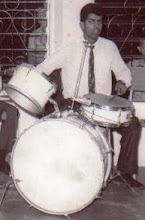

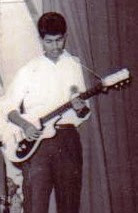


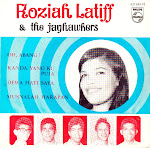



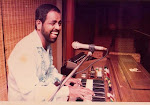

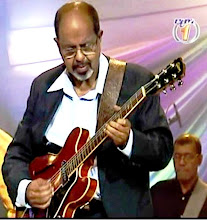


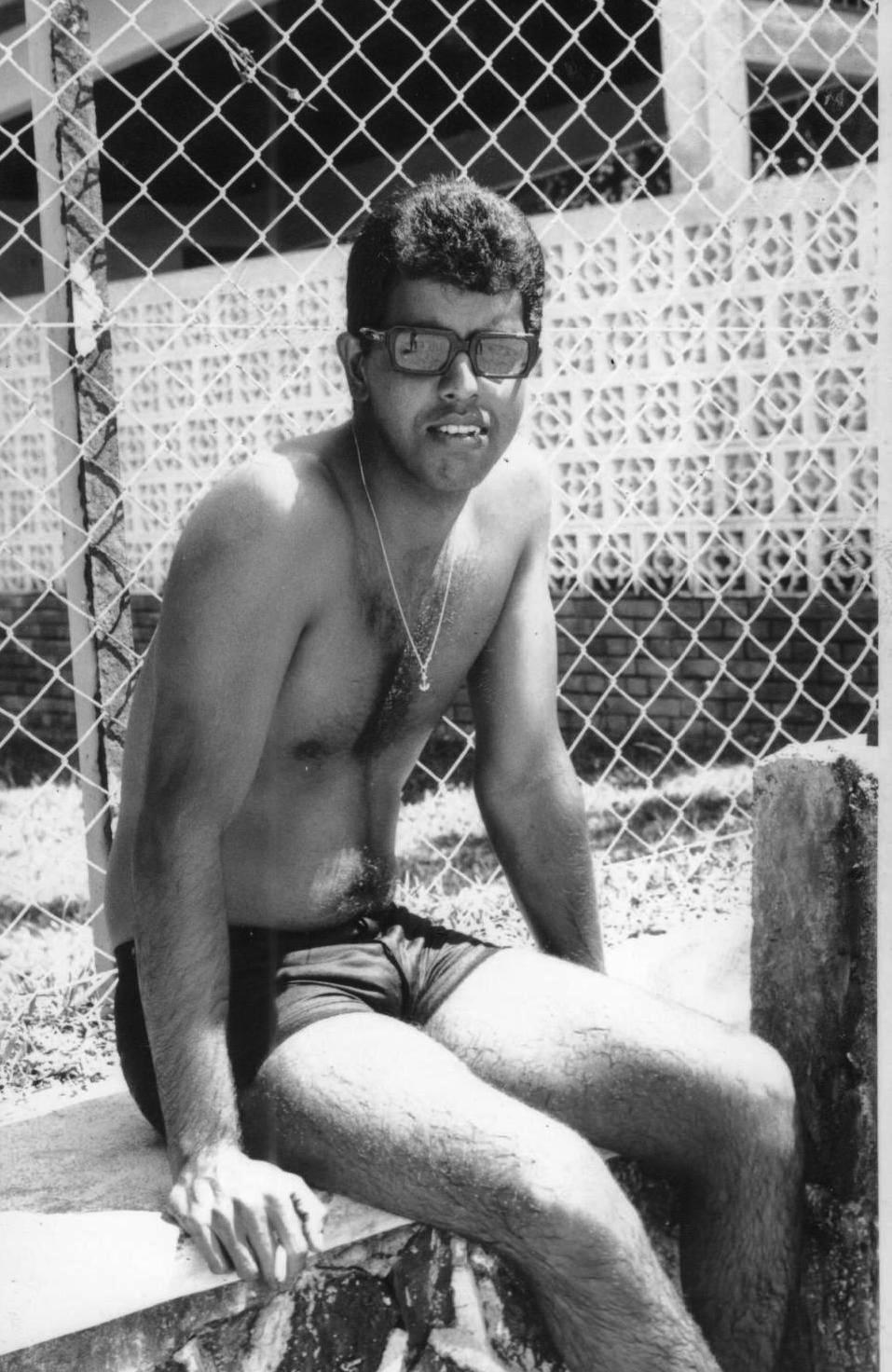
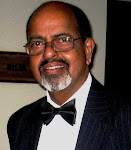


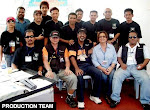
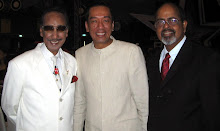

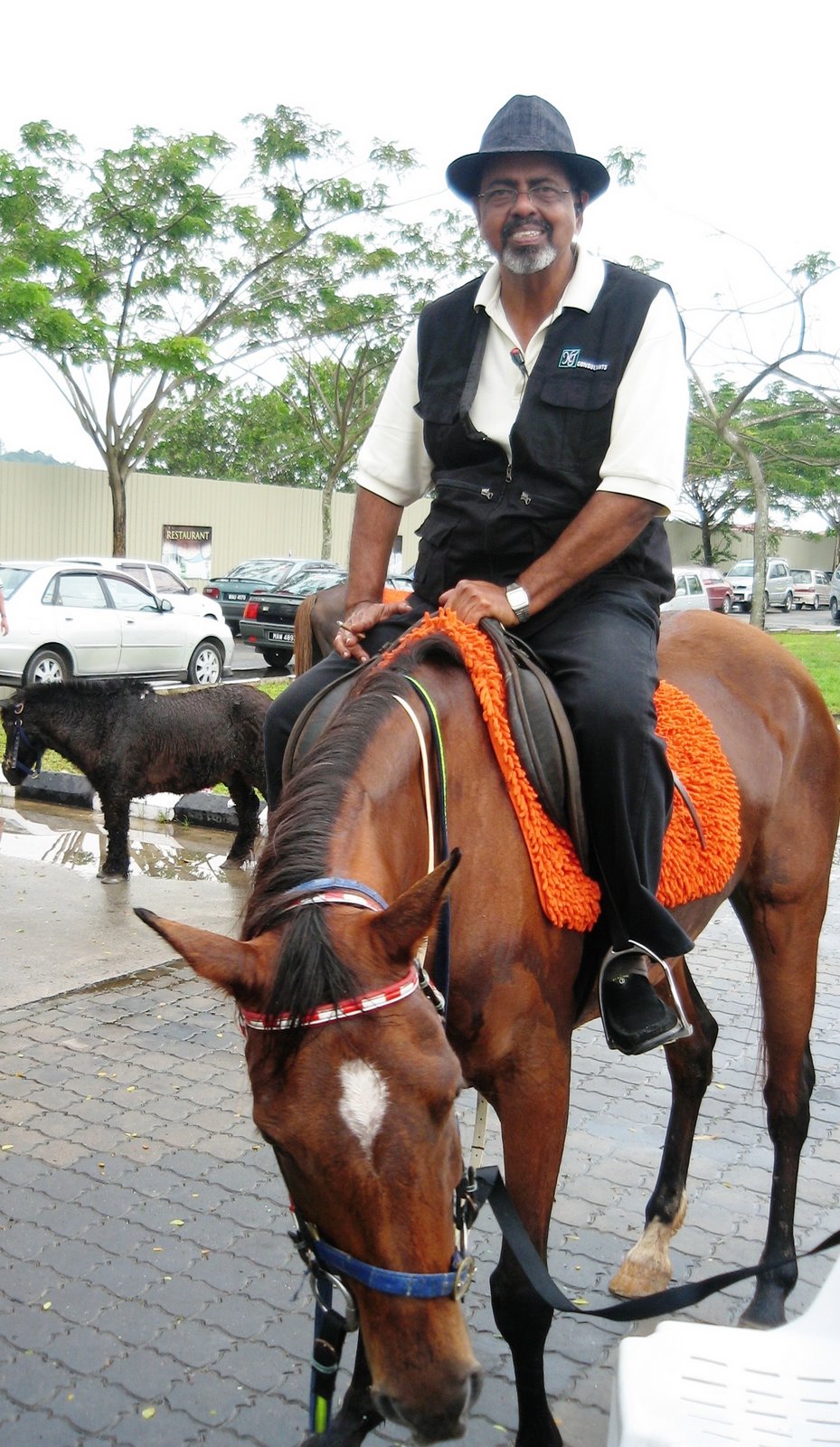







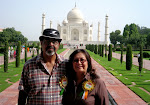



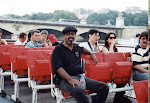

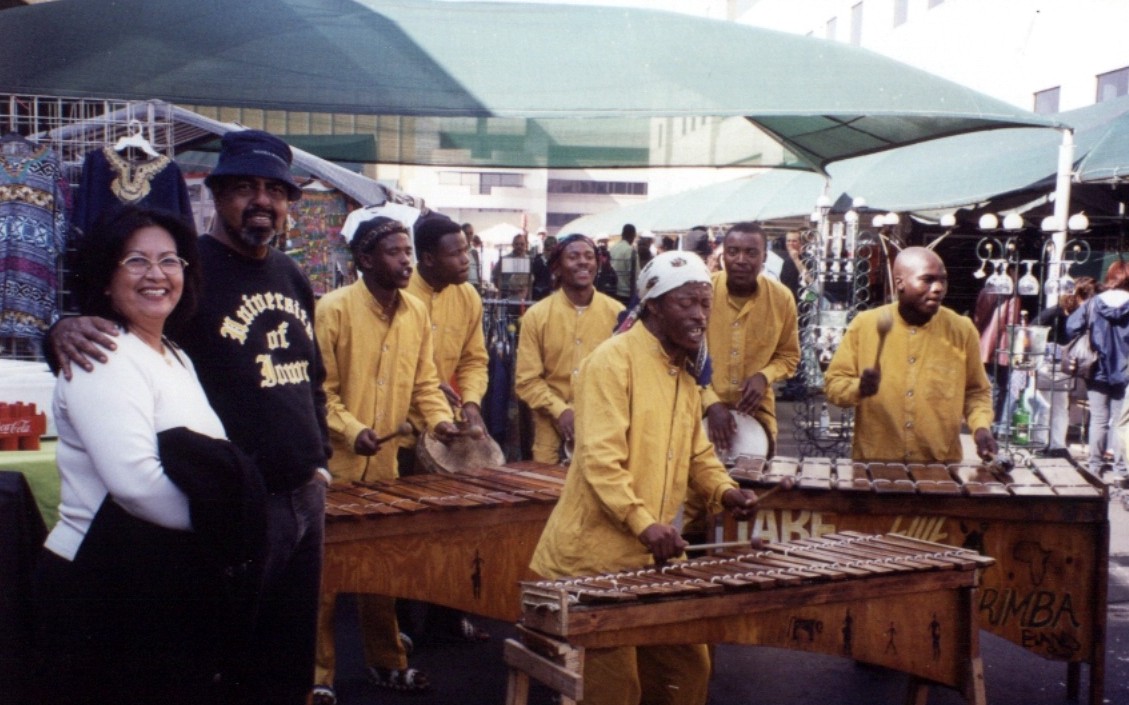

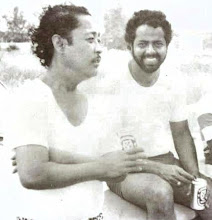
No comments:
Post a Comment